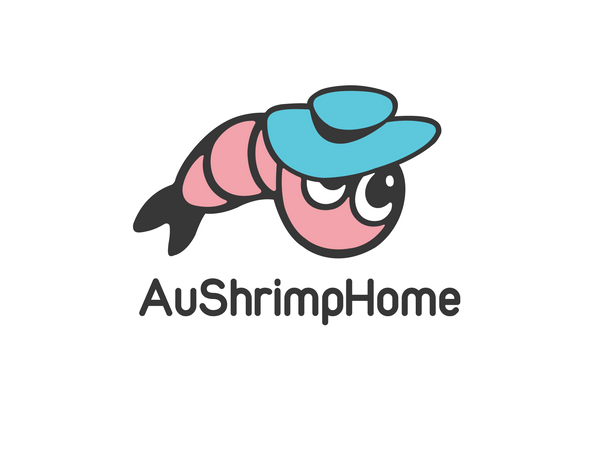
Duckweed in Aquarium: Pros and Cons
Share
Duckweed, often considered the world's smallest flowering plant, is a marvel of simplicity with profound ecological benefits. These tiny floating plants, typically found in quiet freshwater habitats like ponds, lakes, and slow-moving streams, form dense carpets across the water's surface, resembling a vibrant green blanket.

Certainly, here are the pros and cons of having duckweed in an aquarium:
Pros:
- Natural Filtration: Duckweed absorbs excess nutrients from the water, helping to reduce nitrate and phosphate levels and maintain water quality.
- Oxygenation: Through photosynthesis, duckweed releases oxygen into the water, improving overall oxygen levels for fish and other aquatic organisms.
- Algae Control: Duckweed shades the water's surface, preventing excessive light from reaching lower levels and inhibiting algae growth.
- Habitat and Shelter: The dense mats of duckweed provide shelter and hiding places for fish and invertebrates, reducing stress and aggression.
- Natural Food Source: Many fish and invertebrates enjoy grazing on duckweed, supplementing their diet with essential nutrients.
- Aesthetic Enhancement: Duckweed adds a natural and organic look to the aquarium, creating a more naturalistic and visually appealing environment.
- Easy to Grow: Duckweed is relatively easy to cultivate and propagate, making it accessible for both beginner and experienced aquarists.
Cons:
- Overgrowth: Duckweed has a rapid growth rate and can quickly cover the entire surface of the aquarium if not controlled, potentially blocking out light and oxygen exchange.
- Nutrient Imbalance: While duckweed can help reduce nutrient levels, excessive growth may indicate an imbalance in the aquarium's nutrient levels, leading to potential water quality issues.
- Maintenance Required: Regular thinning and removal of excess duckweed are necessary to prevent overcrowding and maintain a balanced ecosystem.
- Potential Invasiveness: If duckweed escapes into natural water bodies, it can become invasive and disrupt native ecosystems, outcompeting native vegetation and altering habitat structure.
- Blocking Light: In densely populated tanks, duckweed may block light from reaching lower levels, inhibiting the growth of other plants and affecting their health.
- Surface Film: Duckweed can sometimes create a thin film on the water's surface, which may interfere with gas exchange and oxygenation, particularly in heavily stocked tanks.
- Fish Disturbance: Some fish species may disturb or uproot duckweed while foraging, potentially leading to increased maintenance and control efforts.
Overall, while duckweed offers several benefits for aquariums, its rapid growth and potential for overgrowth require careful management to ensure it remains a beneficial addition to the aquatic environment. Regular monitoring and maintenance are essential to prevent duckweed from overwhelming the aquarium and causing imbalances in water chemistry and ecosystem dynamics.
